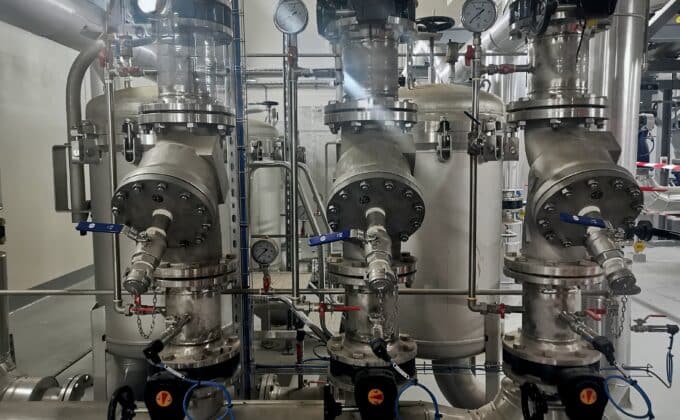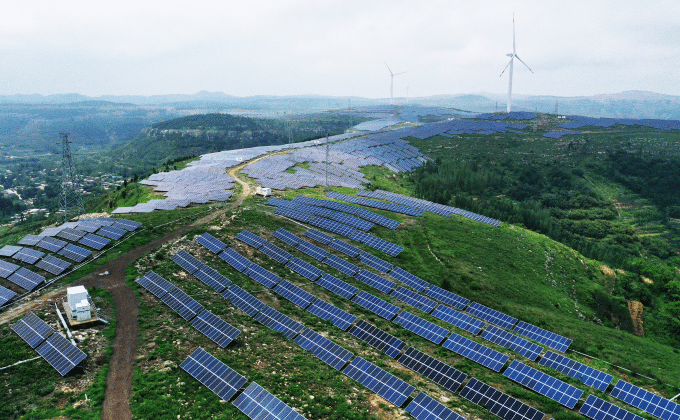Jordan Rollo provides a breadth of accounting experience as part of RAP’s core operations. Joining RAP in April 2024, Jordan previously lent his expertise in various industries, including agriculture, commercial real estate and public accounting, with a focus on not-for-profit organizations.
Jordan holds a bachelor's degree in accounting, with a minor in small business management and a master's degree in business administration.
Originally from Franklin County, VT, Jordan relocated to New York. He enjoys spending his leisure time at home with his four cats and fiancé, Kaley. Outside of work, he keeps busy with wedding planning, home ownership responsibilities and woodworking. During weekends, Jordan prioritizes spending time with friends and family.
Latest Insights from RAP Experts

Flexing industrial muscle: Electrifying process heat with electro-thermal energy storage
European industry is a very large user of heat: around 1,900 TWh each year for a range… Read More +

虚拟电厂多维价值激励模型剖析:统一顶层设计与地方需求
自2020年起,虚拟电厂受到了上到中央政府机构、省级政府,下到市级、区级政府的广泛关注。虚拟电厂作为电力系统的“智能管家”迅速崛起,离不开星罗棋布的分布式资源与电网灵活调度需求的紧密契合。然而,尽管理论上虚拟电厂能够聚集这些分布式资源,但受多重掣肘牵制,难以形成合力,仍有很大一部分基于地方需求的电网服务尚未获得充分重视,这类服务可以成为其重要增收来源。这些地方电网服务的特点是由地市级调度解决地市内部分台区、线路的潮流阻塞、电压跌落等问题,或是对各种电力市场中精确的位置信号作出响应。 为虚拟电厂建立可持续的商业模式的关键在于进一步完善虚拟电厂的多维价值激励机制,为虚拟电厂提供的服务进行相应的回报。目前,关于虚拟电厂的主要讨论仍聚焦于自上而下的顶层设计上,因此本文将在这些讨论的基础上,从国际比较和案例分析的角度入手,更详尽地介绍虚拟电厂地方服务的激励机制,以及如何将其纳入虚拟电厂的三个主要收入来源,即零售市场、批发市场和需求侧响应项目。本文将以现行项目架构及电力市场机制为基础,结合美国纽约虚拟电厂补偿机制的实践经验与启示,系统梳理不同收益渠道的现行激励政策,并针对性地提出各环节的优化路径。 作者采访版刊登于《中国能源观察》5月刊。 This report is also available in English. Read More +

